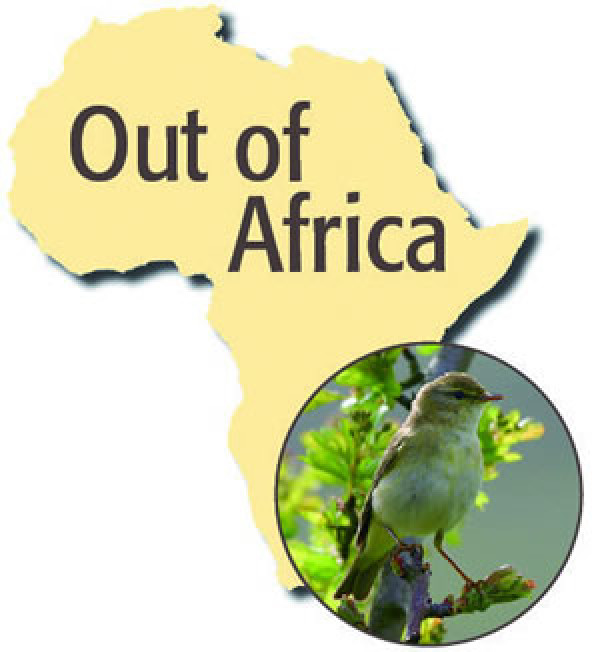
Out of Africa
This appeal is now closed. You can read more about the projects we have funded as part of the appeal here.
Our knowledge of the ecology of migrants in their African wintering grounds is extremely poor and severely hampers our ability to explain the population change, and hence our ability to conserve this group of species. We lack even basic information about where they spend the winter, when birds arrive, the habitats they use and how they move around within Africa. This information is urgently needed to form conservation strategies and initiate action.
Swiftly disappearing
The arrival of the Swift, reminding us of sweltering summer days, really signifies that summer is here but there seem to fewer in our skies year after year. The descending trill of the Wood Warbler and the distinctive song of the Pied Flycatcher is also missing in oak woodland.
Where are our summer migrants?
It is hard to know what is happening to our birds to cause these drops in numbers, but it looks likely that habitat change in Africa (south of the Sahara), caused by changes in land use and land degradation, could play a part. Migrant birds could also be facing hardships on their journeys to and from Africa and in the UK.
Further research is crucial; without knowing what is causing the declines, how can anything be done to stop them? We have to act now because time is running out. Wood Warbler numbers have dropped by 60% in just 15 years. The Out of Africa appeal is funding a range of projects which looks at the challenges faced in Africa and the UK, and on the journey between the two.
Knowledge gaps about wintering grounds
There are striking differences in trends for those migrants wintering in different areas.Those closer to the Sahara are increasing whilst those wintering further south in the rainforests, are generally declining. This could indicate that there is a problem in Africa which is affecting migrant bird populations.
The fieldwork in Africa is one of the main projects funded by the appeal and has helped us to learn more about how species use the various habitats. Read about the fieldwork on our 'Migrants in Africa' blog.
We will also be investigating where species 'stop-over' to refuel and rest during their journeys as these are vitally important for birds and could also play a part in the declines we are seeing.
Nesting problems in the UK
Choosing a time to nest is very important as birds need to match the rearing of their chicks with the time when insects are readily available. Resident British birds which winter in the UK have a head start on those that spend the winter elsewhere. Migrant species must try time their arrival in to the country to coincide with the beginning of spring and the wealth of food - no easy feat!
With traditional nesting sites disappearing, perhaps species like the Swift and Swallow, are finding it harder to find suitable spots for their breeding attempts? Data collected here in the UK by volunteers in the BTO Nest Record Scheme and the Ringing Scheme may well give us some clues about whether nesting is taking place earlier, and assess the relative sucess of breeding attempts, in an effort to understand what is happening to these birds in the UK.
How you can help
This appeal is now closed to donations, but you can still support our work:

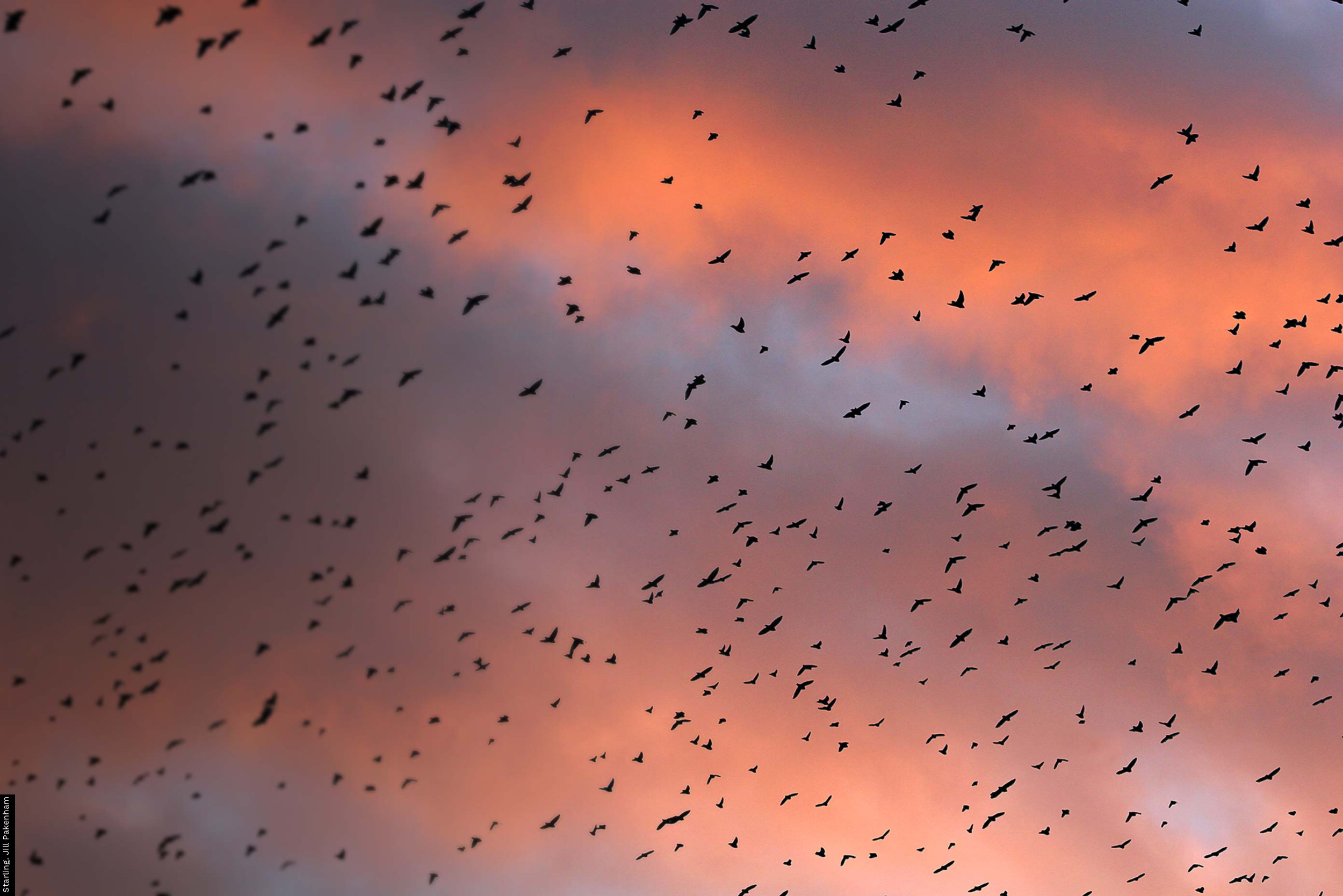
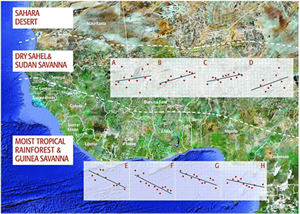
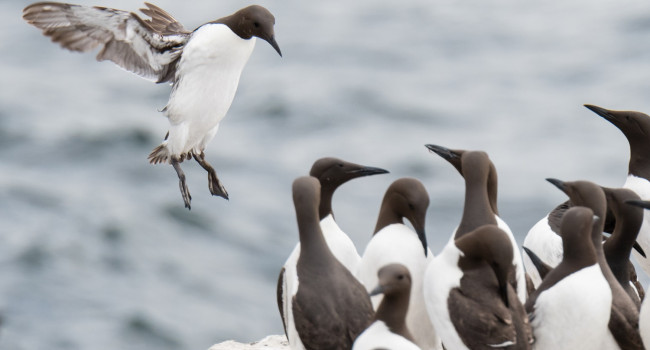
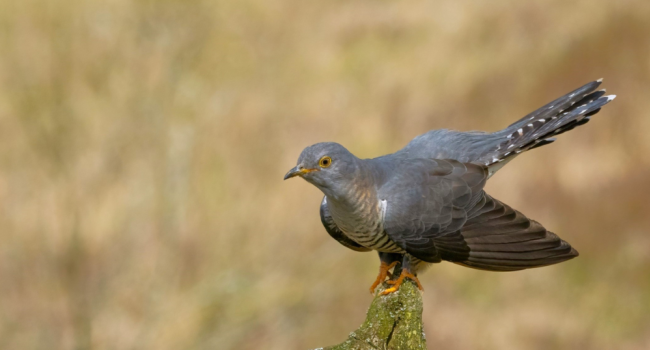


Share this page